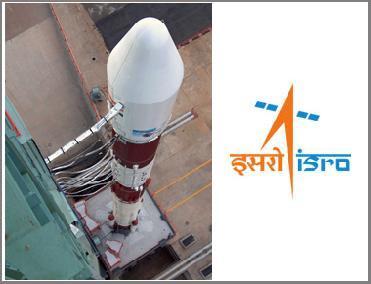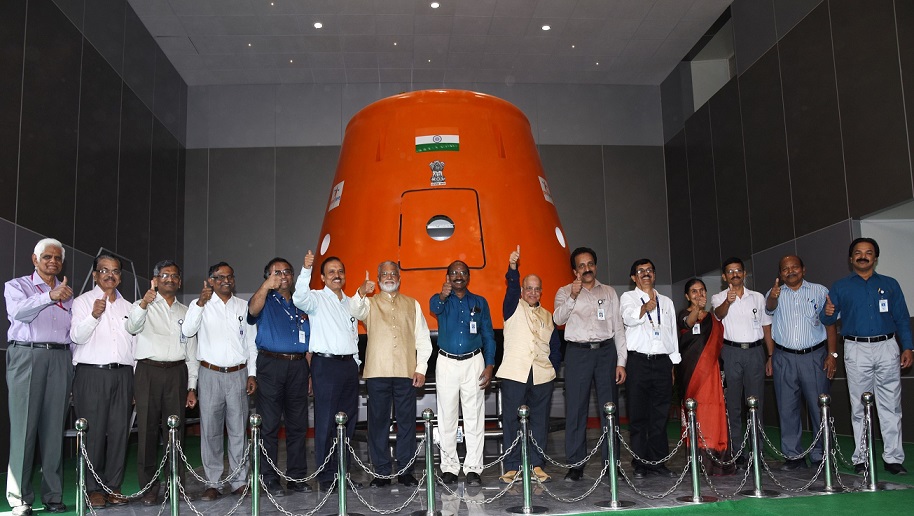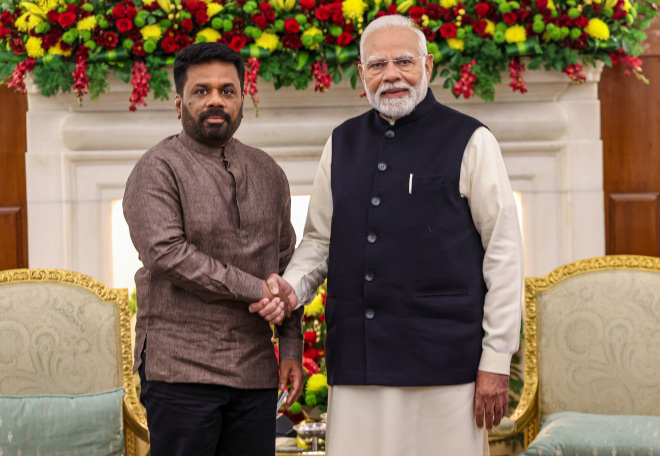
BENGALURU (PTI): The Indian Space Research Organisation has revised the launch schedule of geo imaging satellite GISAT-1 on board GSLV-F10 rocket following a "minor issue" with the spacecraft.
The Bengaluru-headquartered space agency was earlier looking to launch the satellite on March 28, subject to weather conditions.
"There is a minor issue with the satellite", ISRO sources told PTI.
"As of now, we are planning to launch it on April 18".
GISAT-1 was originally planned to be launched from Sriharikota spaceport, about 100 kms north of Chennai, on March five last year but was postponed a day before the blast-off due to technical reasons.
ISRO sources had earlier said the delay in the launch was due to COVID-19-induced lockdown which affected normal work.
According to ISRO, GISAT-1 will facilitate near real-time observation of the Indian sub-continent, under cloud-free condition, at frequent intervals.
Weighing about 2,268kg, GISAT-1 is the first state-of-the-art agile earth observation satellite which will be placed in a Geosynchronous Transfer Orbit by GSLV-F10.
"Subsequently, the satellite will reach the final geostationary orbit using its on board propulsion system", ISRO had said a few days before the planned launch in March last year.
 Previous Article
Previous Article Next Article
Next Article













The Indian Air Force, in its flight trials evaluation report submitted before the Defence Ministry l..
view articleAn insight into the Medium Multi-Role Combat Aircraft competition...
view articleSky enthusiasts can now spot the International Space Station (ISS) commanded by Indian-American astr..
view article